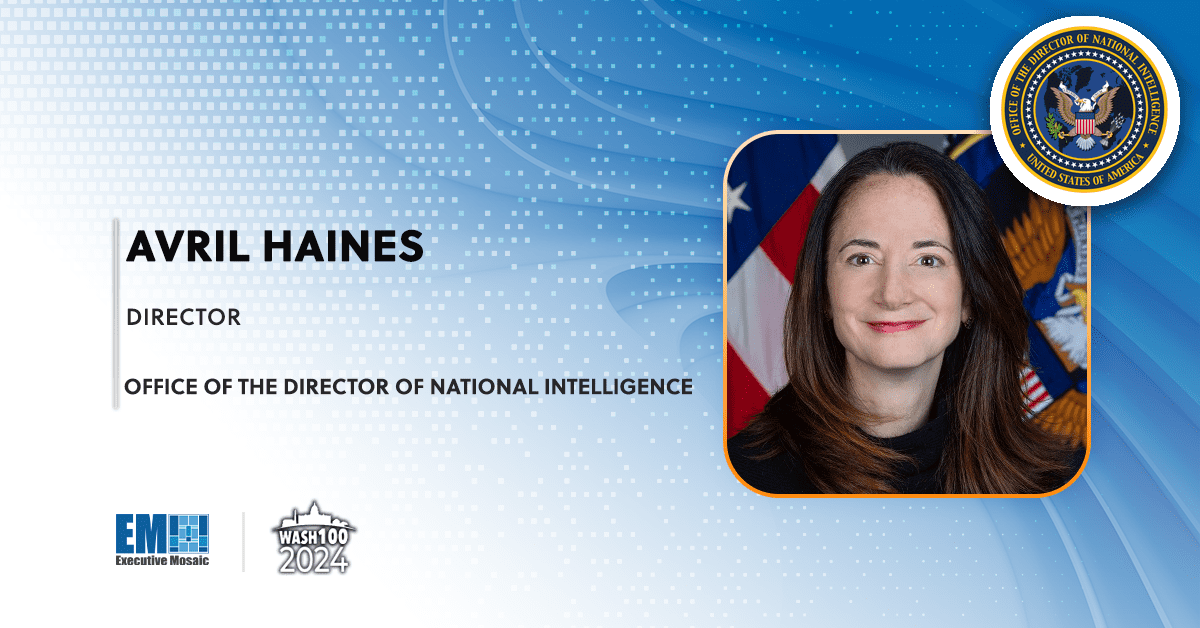As the wide-open resources of the internet have deepened and expanded over the last nearly three decades, publicly available data has become an increasingly valuable asset for the U.S., as well as its allies and adversaries alike. To name just one example, in early 2022, such intelligence was crucial in informing warnings about Russia’s invasion of Ukraine, based on data culled via commercial imagery.
In response to this un ignorable trend, Director of National Intelligence Avril Haines tapped a senior advisory group panel to put together recommendations on how the intelligence community should go about processing commercially available information, or CAI.
Based on the panel’s findings, the IC established official protocol for organizing CAI it accumulates; outlined a standards and procedures template that necessitates routine re-evaluation of CAI acquisition and implementation; and composed guidance that directs how to categorize and shield vulnerable CAI that affects privacy and civil liberties.
On September 19, the Potomac Officers Club will host the 2024 Intel Summit, its 10th annual gathering of the foremost figures in the IC and the most prominent executives in government contracting, for discussions on how the two sectors can collaborate and enable the American mission. There will certainly be talk around CAI and the adjacent open-source intelligence, or OSINT. Save your spot today!
All three of the aforementioned lines of effort are now in motion, according to the Office of the Director of National Intelligence, who published the Policy Framework for Commercially Available Information on May 8, stating “CAI is invaluable to our work.”
“In keeping with my commitment to share as much as possible about the IC’s activities, we are sharing this framework which provides effective governance for the IC’s handling of CAI while also protecting Americans’ privacy and civil liberties,” Haines, who is a 2024 Wash100 Award winner.
“Specifically, to provide a foundation for enhancing privacy and civil liberties protections, we have issued IC-wide guidance for cataloguing CAI acquired by IC elements, to ensure that information about CAI holdings is accessible within the U.S. Government, as appropriate, in a manner that is consistent with relevant legal, security, classification, access control, and privacy considerations,” ODNI continued in a statement on the framework.
To learn more about commercially available information, open-source intelligence and how the intelligence community is attempting to be more transparent while still maintaining necessary discretion, register for the Potomac Officers Club’s 2024 Intel Summit.



